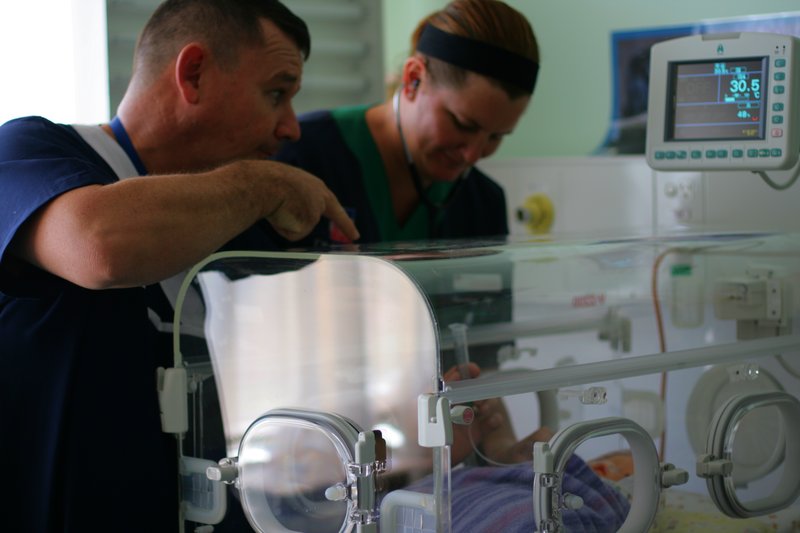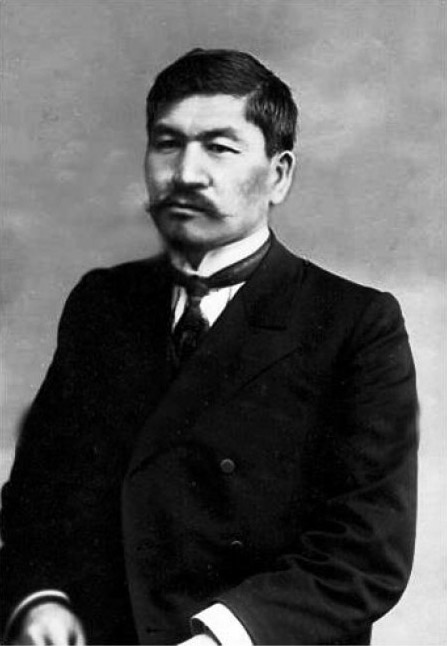|
Kostenko Mine Disaster
On the morning of 28 October 2023, a fire started at the Kostenko mine in the Karaganda Region of Kazakhstan. The fire killed 46 miners. The fire was presumably caused by a methane gas explosion underground. The President of Kazakhstan, Kassym-Jomart Tokayev, ordered the termination of all investment with the company ArcelorMittal Temirtau, which owns the mine, and 29 October was declared a national day of mourning in Kazakhstan. Background The Kostenko mine is a coal mine owned by ArcelorMittal Temirtau, a subsidiary of Luxembourg-based steel manufacturing company ArcelorMittal, through multiple acquisitions that began with Ispat Steel purchasing the mine from the Kazakh government in 1995. The subsidiary owns the largest metallurgical plants in Kazakhstan, as well as eight coal mines and two iron ore mines. Over 100 people have died at ArcelorMittal Temirtau facilities over 15 years. Authorities had already expressed dissatisfaction with the company's failure to fulfill its ... [...More Info...] [...Related Items...] OR: [Wikipedia] [Google] [Baidu] |
Karaganda
Karaganda (, ; ), also known as Karagandy (, ; ; ) (also sometimes romanized as Qaraghandy), is a major city in central Kazakhstan and the capital of the Karaganda Region. It is the fifth most populous city in the country, with a population of 497,777 as of the 2020 Census, marking an increase from 459,778 in 2009 and 436,864 in 1999. Karaganda is located approximately 230 kilometers (140 miles) southeast of Kazakhstan's capital city, Astana. Historically, Karaganda has been a central hub for coal mining, which has shaped its economy and development. The city saw significant growth during the Soviet Union, driven by the expansion of its coal industry. Coal remains a key sector in the city's economy, with mining continuing to be a significant contributor to its industrial base. In addition to its industrial roots, Karaganda is home to a growing population and a rich cultural heritage. The city hosts several educational institutions, such as Karaganda State University, which s ... [...More Info...] [...Related Items...] OR: [Wikipedia] [Google] [Baidu] |
Intensive Care Unit
An intensive care unit (ICU), also known as an intensive therapy unit or intensive treatment unit (ITU) or critical care unit (CCU), is a special department of a hospital or health care facility that provides intensive care medicine. An intensive care unit (ICU) was defined by the task force of the World Federation of Societies of Intensive and Critical Care Medicine as "an organized system for the provision of care to critically ill patients that provides intensive and specialized medical and nursing care, an enhanced capacity for monitoring, and multiple modalities of physiologic organ support to sustain life during a period of life-threatening organ system insufficiency." Patients may be referred directly from an emergency department or from a ward if they rapidly deteriorate, or immediately after surgery if the surgery is very invasive and the patient is at high risk of complications. History In 1854, Florence Nightingale left for the Crimean War, where triage was used ... [...More Info...] [...Related Items...] OR: [Wikipedia] [Google] [Baidu] |
Health Department
A health department or health ministry is a part of government which focuses on issues related to the general health of the citizenry. Subnational entity, Subnational entities, such as State (administrative division), states, county, counties and city, cities, often also operate a health department of their own. Health departments perform food inspections and other health related inspections (the person who performs this job is often called a public health inspector), vaccination programs, free Sexually transmitted disease, STD and HIV tests, tobacco enforcement and cessation programs, and other medical assistance programs. Health departments also compile statistics about health issues within their area. The role of a health department may vary from one country to the other, but their primary objective is always the same; safeguarding and promoting health. In 1986, several of the world's national health departments met to establish an international guideline by which health depart ... [...More Info...] [...Related Items...] OR: [Wikipedia] [Google] [Baidu] |
Prime Minister Of Kazakhstan
The prime minister of Kazakhstan is the head of government of the Republic of Kazakhstan and the holder of its fourth highest office, after the president of Kazakhstan, the chairman of Senate, and the chairman of Majilis. The prime minister heads the cabinet and advises the president in the every day execution of the functions of the Parliament of Kazakhstan. During the Soviet period, the post was formerly known as the chairman of the Council of Ministers of the Kazakh Soviet Socialist Republic prior to its independence in 1991. The current incumbent prime minister is Oljas Bektenov, who replaced Roman Sklyar on 6 February 2024 after the government's resignation. List (1917–present) This is a list of prime ministers of Kazakhstan from the establishment of the office in 1917 to the present day. Alash Autonomy (1917–1920) Kyrgyz Autonomous Soviet Socialist Republic (1920–1925) Chairmen of the Council of People's Commissars * Viktor Radus-Zenkovich (12 October 192 ... [...More Info...] [...Related Items...] OR: [Wikipedia] [Google] [Baidu] |
Tokayev
Kassym-Jomart Kemeluly Tokayev (born 17 May 1953) is a Kazakhstani politician and diplomat who has served as the second president of Kazakhstan since 2019. He previously served as Prime Minister from 1999 to 2002 and as Chairman of the Senate from 2007 to 2011 and again from 2013 to 2019. Tokayev also held the position of Director-General of the United Nations Office at Geneva from 2011 to 2013. Born in Alma-Ata (now Almaty), Tokayev studied at the Moscow State Institute of International Relations and later trained at diplomatic institutions in China. He began his career in the Soviet Ministry of Foreign Affairs before joining Kazakhstan's foreign service after independence in 1991. Tokayev twice served as Foreign Minister, from 1994 to 1999 and 2002 to 2007, as well as State Secretary from 2002 to 2003, playing a key role in shaping Kazakhstan's foreign policy and its nuclear disarmament policies. In March 2019, Tokayev became acting president following the resignation of N ... [...More Info...] [...Related Items...] OR: [Wikipedia] [Google] [Baidu] |



